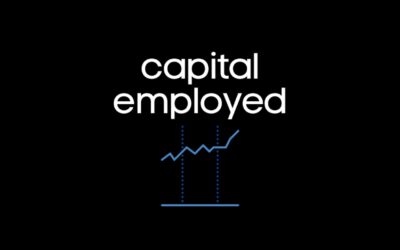09/04/20212 mins
Monthly Commentary – March 2021
Equity markets made gains in March, with some major indices reaching record highs. Sentiment was buoyed by vaccination rollouts and fiscal stimulus programmes in the US.
Hopes rose for a strong economic recovery as President Biden indicated that 200 million vaccination shots would be administered in his first 100 days in office, double the original target. He also signed a $1.9 trillion support package that included direct payments to most Americans. Later in the month plans were announced for a $2.25 trillion infrastructure plan to be funded through higher taxes.
Progress with stimulus and vaccinations supports our view that the pace and durability of the economic rebound are being underestimated. We believe that our portfolio is well placed to capitalise on the recovery.
Not all news on the fight against the virus was good, however. The rapid progress in vaccinations in the US contrasted with the faltering rollout in Europe. As infections rose, some countries tightened restrictions, deferring their economic recovery.
Bond yields rose in March, with US 10 year Treasuries reaching new pandemic-era highs. A rise in bond yields often indicates increasing inflation expectations. In our view, the extraordinary monetary and fiscal support that followed the pandemic will ultimately prove inflationary. The US Federal Reserve sought to play down this prospect at its March meeting and indicated that there would be no rate hikes until 2023. However, some central banks did see a need to increase interest rates in order to tame inflation. Brazil, Russia and Turkey all moved their rates upwards, though the latter’s action subsequently cost the governor of the Turkish central bank his job.
With utilities, consumer staples and industrials all making strong gains in March, ‘value’ stocks outpaced their ‘growth’ counterparts. Communication services, information technology and consumer discretionary lagged.
The strongest region was Latin America, reversing its weakness in February. This came as Brazil moved to provide additional financial support during the pandemic by flexing fiscal stability rules. The UK, Europe and North America also made solid gains.
The sole region to register a decline was Asia, where China set out economic plans that put restructuring and deleveraging ahead of headline GDP growth.
One of our strongest performers in March was BT, which increased in value by more than a quarter. The valuation of its shares had steadily declined in recent years, reflecting the various challenges facing the business, including those arising from the pandemic. The clouds appear to be lifting for BT and we believe that its current valuation does not yet fully reflect recent positive developments.
There were two such developments in March for BT. The first was an update from the regulator, Ofcom, which provided greater certainty on the returns from fibre investment over the next decade. The second was the UK Budget, which included a tax ‘super-deduction’ for companies investing in infrastructure. Telecoms companies are often overlooked by investors, but we see those with improving prospects as underappreciated opportunities.
Please remember that past performance may not be repeated and is not a guide for future performance. The value of shares and the income from them can go down as well as up as a result of market and currency fluctuations.
The Scottish Investment Trust PLC has a long-term policy of borrowing money to invest in equities in the expectation that this will improve returns for shareholders. However, should markets fall these borrowings would magnify any losses on these investments. This may mean you get back nothing at all.



